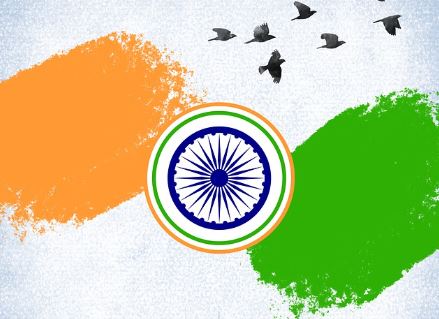Pakistan has threatened to suspend the Shimla Agreement after the terror attack in Pahalgam and India’s strong response. This agreement, signed in 1972, was important because it helped keep peace along the border (the Line of Control) and ensured that India and Pakistan would handle their disputes directly, without outside involvement.
It also opens the door for Pakistan to try and involve other countries in the Kashmir issue, which India has always opposed. On top of that, it raises concerns about other safety agreements—like those meant to avoid accidental nuclear conflict—possibly no longer being followed.
Shimla Agreement
The Shimla Agreement was a peace treaty signed between India and Pakistan on July 2, 1972, in Shimla, the capital of Himachal Pradesh. It was signed by the then Prime Minister of India, Indira Gandhi, and the President of Pakistan, Zulfiqar Ali Bhutto, following the Indo-Pakistani War of 1971.
Key points of the Shimla Agreement include:
Peaceful Bilateral Relations: Both countries resolved to put an end to conflict and confrontation and work towards promoting friendly and harmonious relations.
Bilateral Negotiations: They agreed to settle their differences through peaceful means and bilateral negotiations, without the involvement of third parties.
Respect for Sovereignty and Territorial Integrity: Both nations agreed to respect each other’s national unity, territorial integrity, political independence, and sovereign equality.
Line of Control (LoC): The ceasefire line of December 17, 1971, was converted into the Line of Control in Jammu and Kashmir, which both sides agreed to respect and not unilaterally alter, irrespective of mutual differences or legal interpretations.
Withdrawal of Forces: Indian and Pakistani forces were to be withdrawn to their side of the international border.
Resumption of Ties: Steps were to be taken to resume communications (postal, telegraphic, sea, land, air links), promote travel facilities, and resume trade and cooperation in various fields.
Future Meetings: The heads of both governments agreed to meet again in the future to discuss further steps for normalizing relations and establishing durable peace.
Pakistan’s decision has amplified existing friction and unpredictability, demanding vigilance and a meticulously considered strategy from India moving forward.
Also Read | IndiGo, Air India travel advisory: Pakistan airspace closure impacts flights










DGCA revises air ticket refund norms; no extra charges for changes within 48 hours of booking
Cash Payments at National Highway Fee Plazas Likely to Be Discontinued from 1st April 2026
Long weekends in 2026: A complete guide for holiday planning